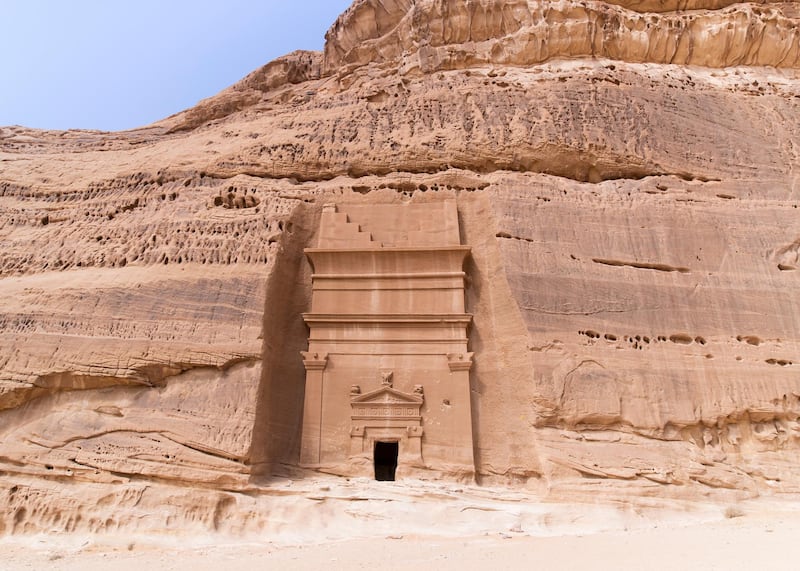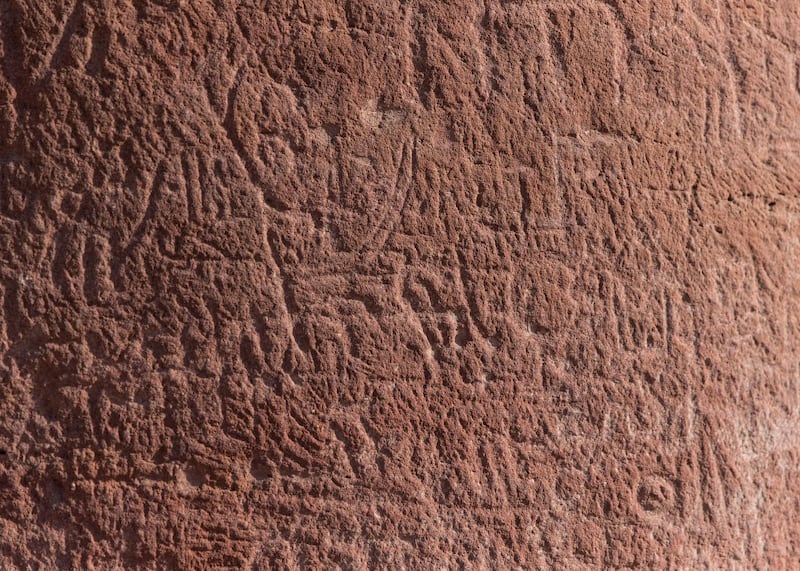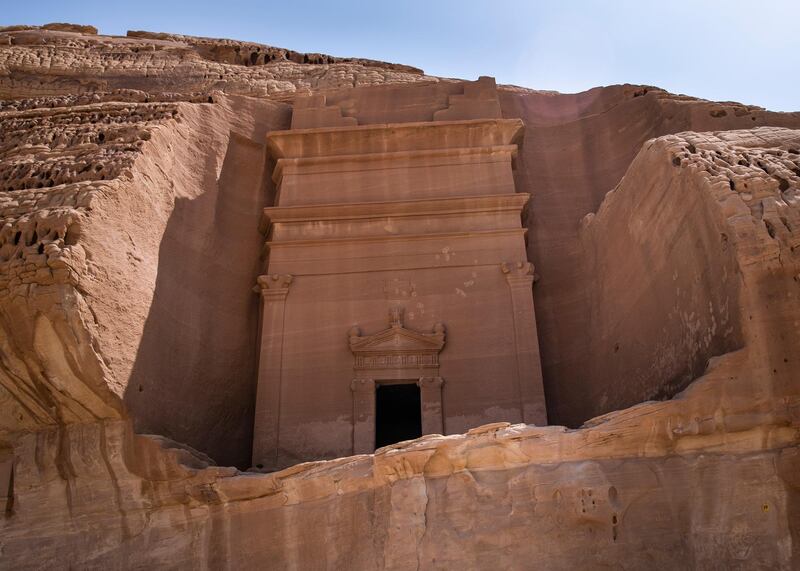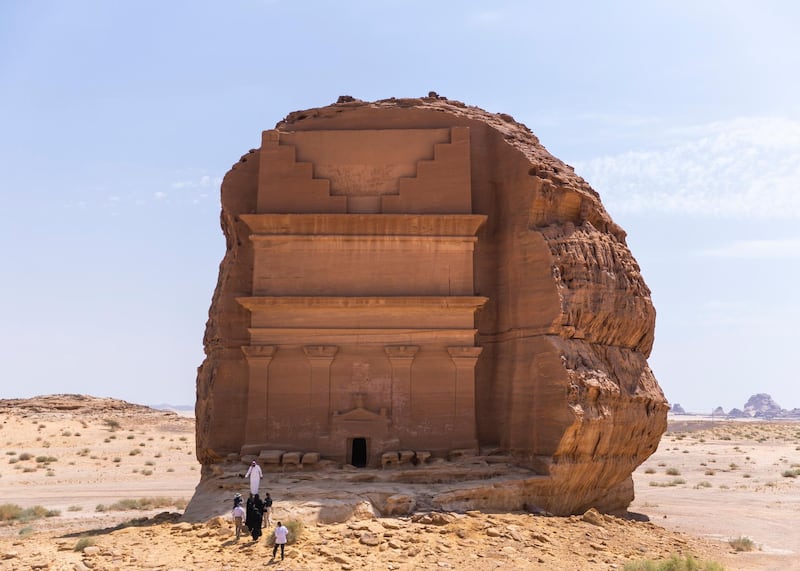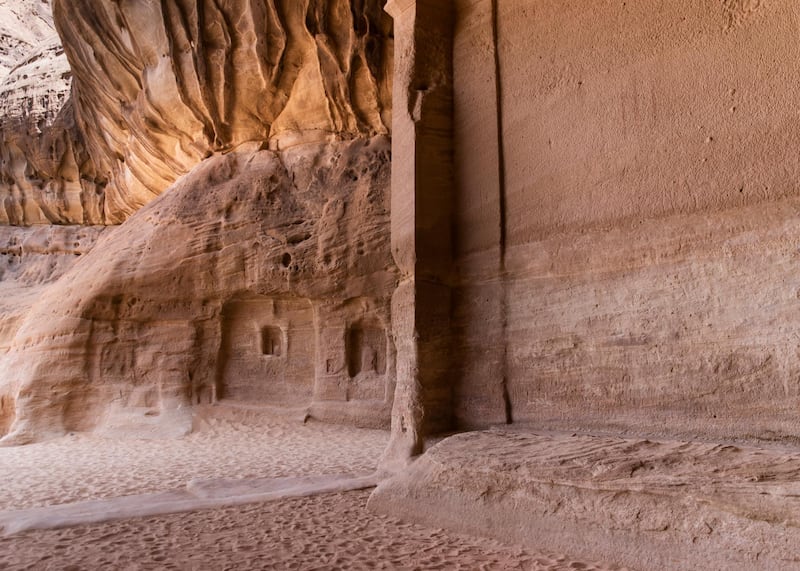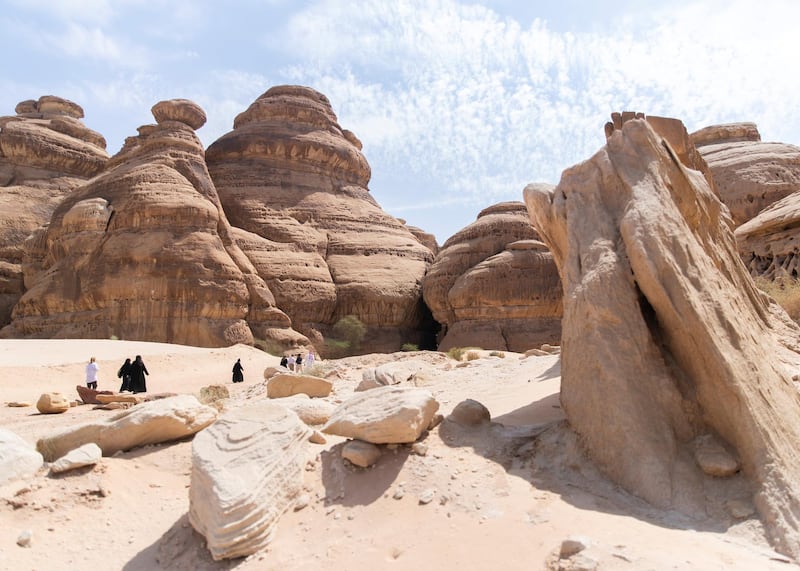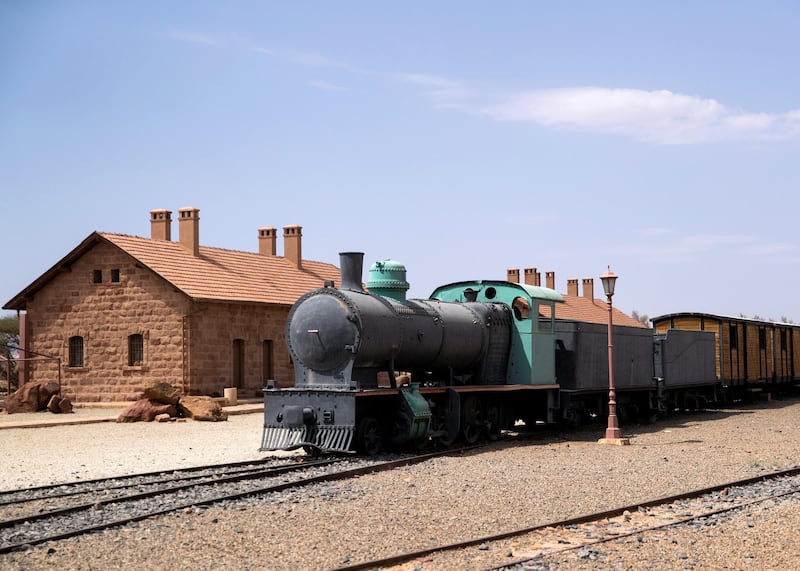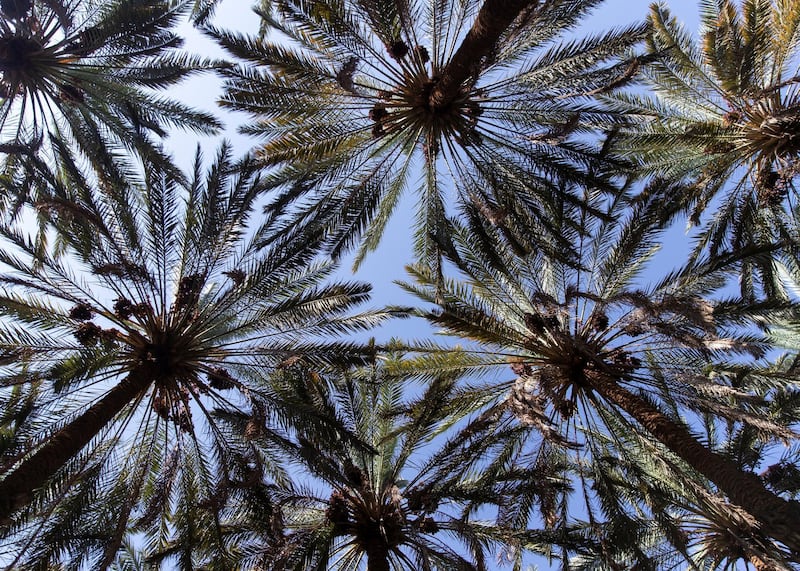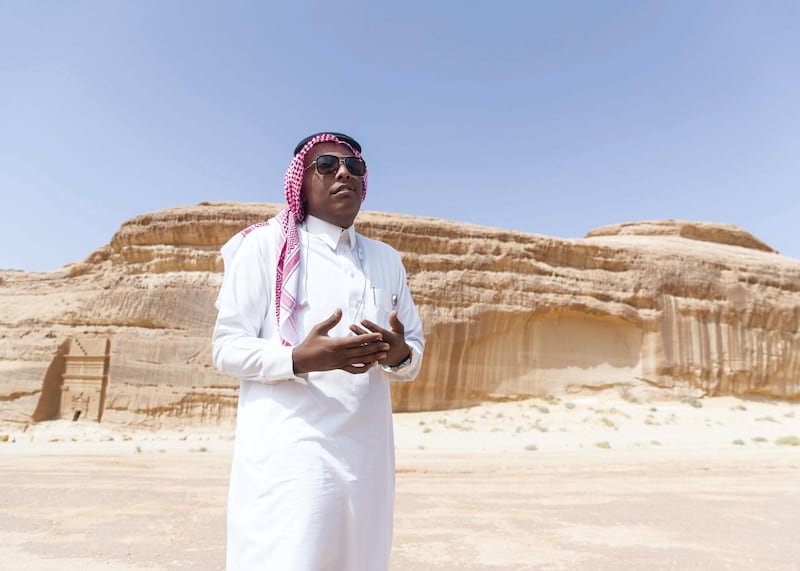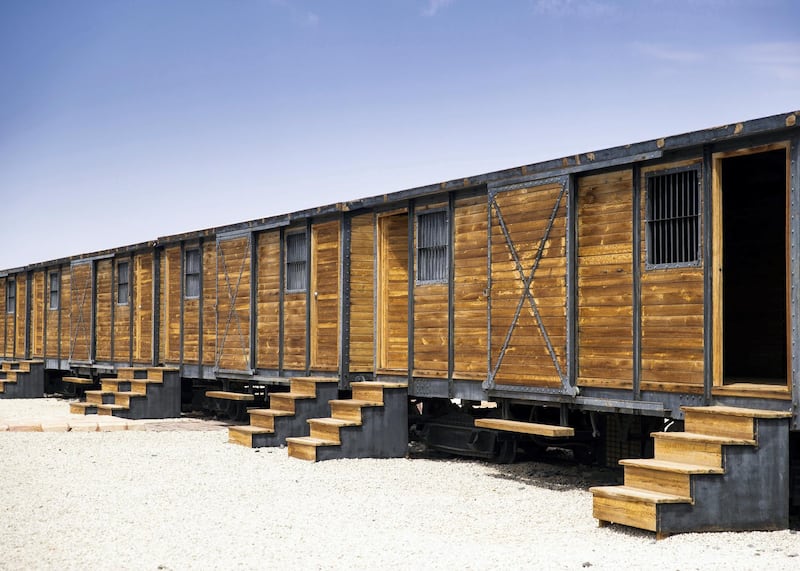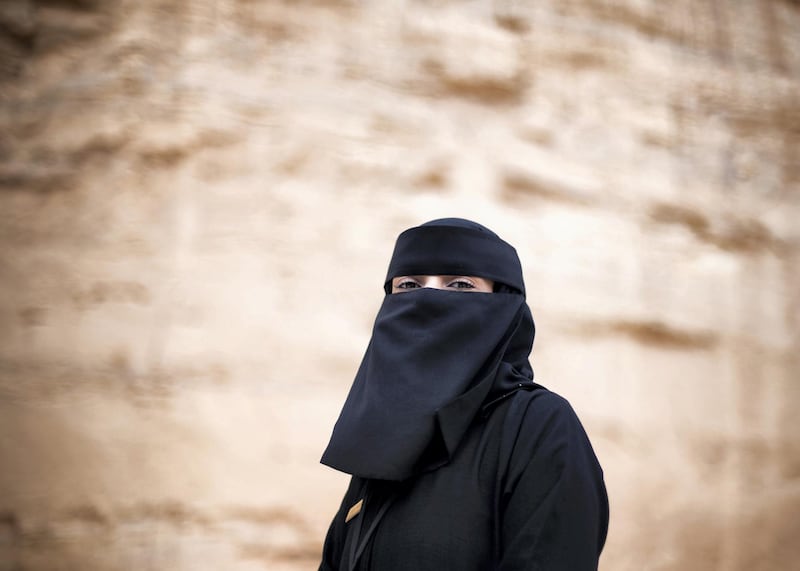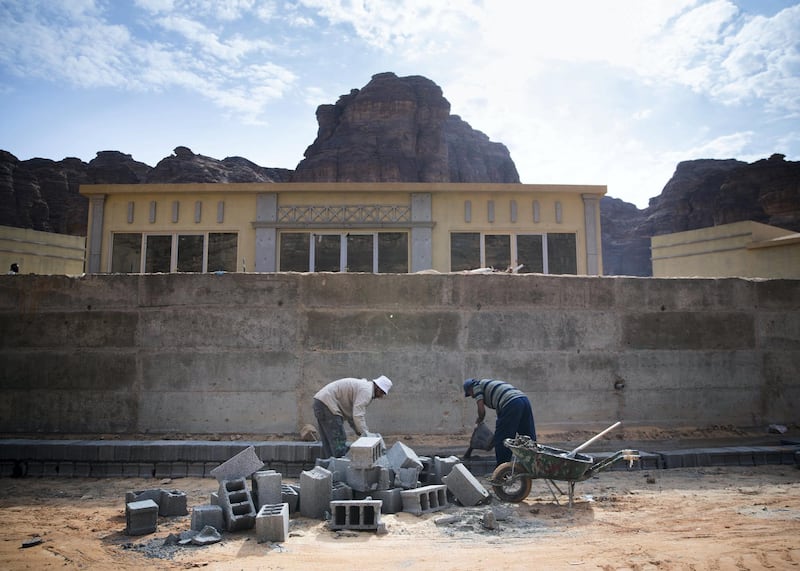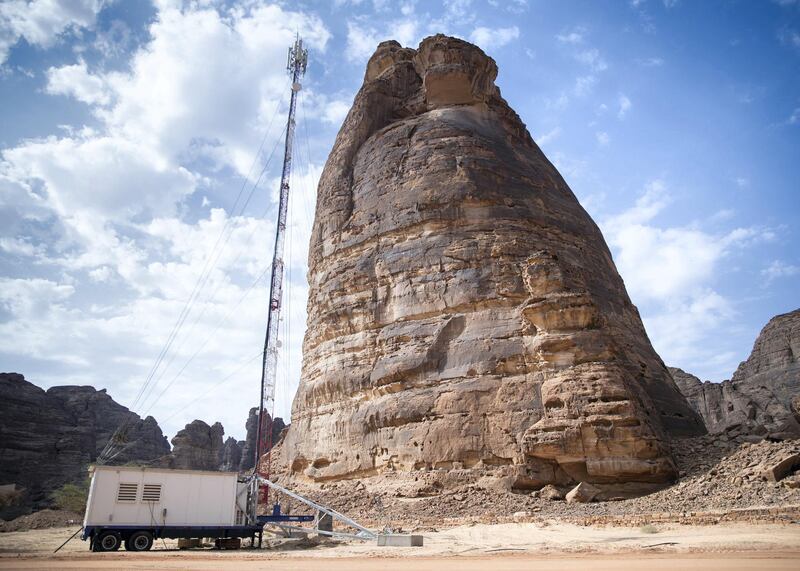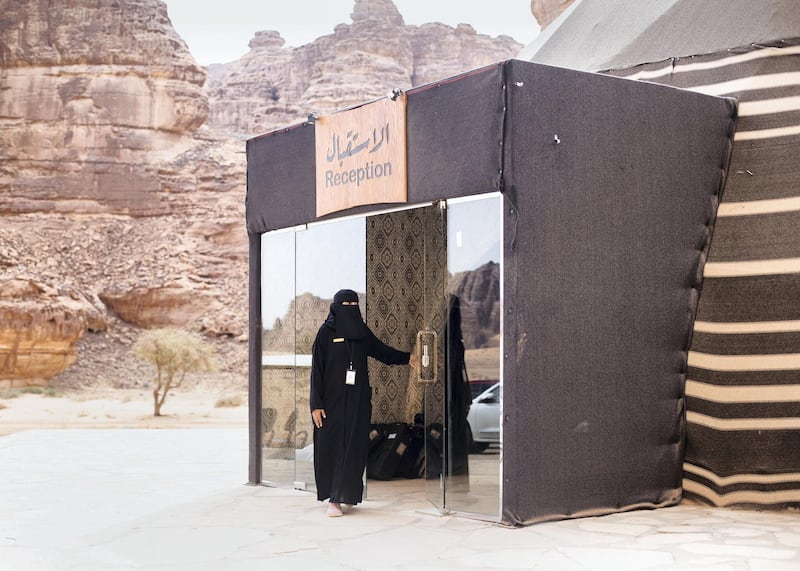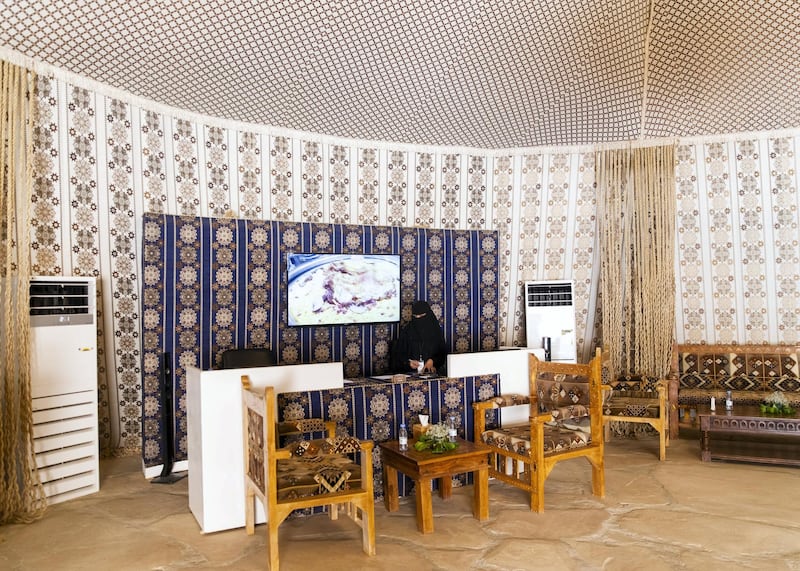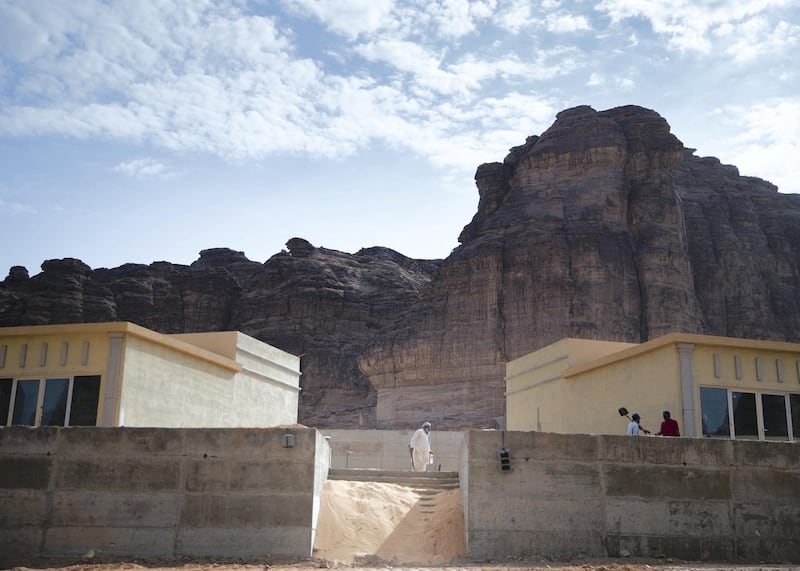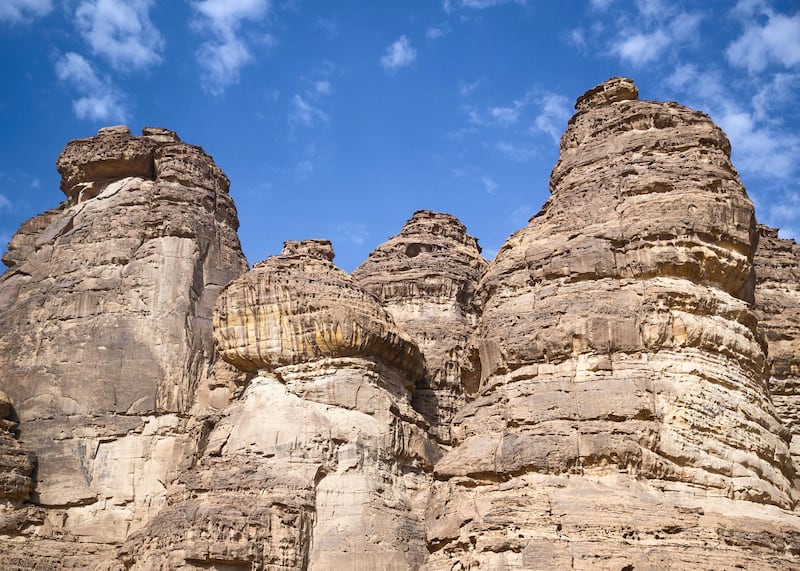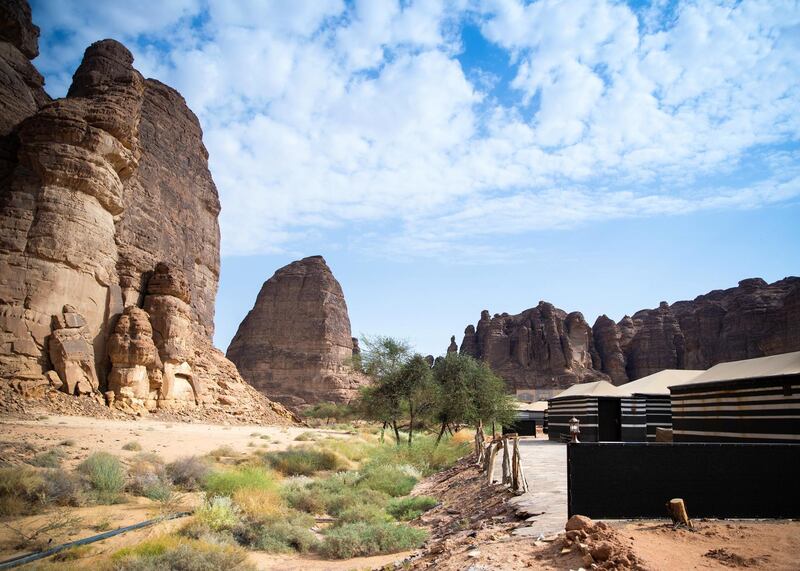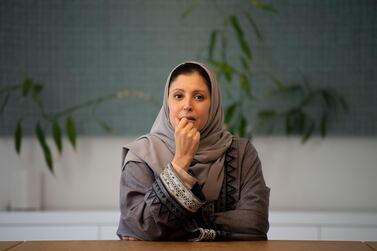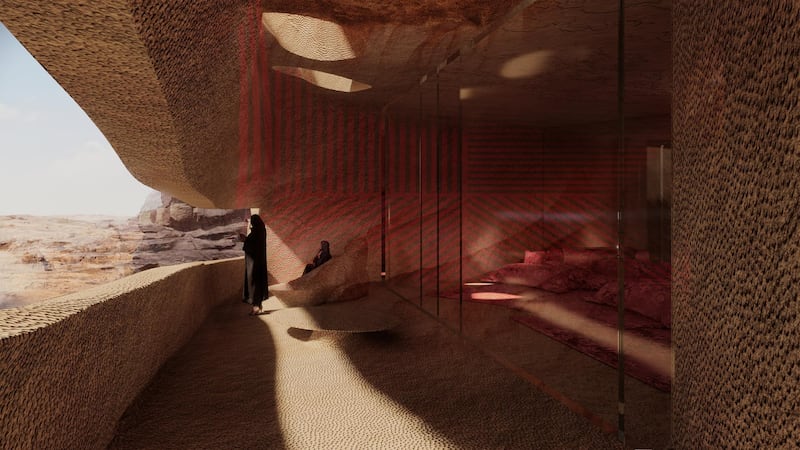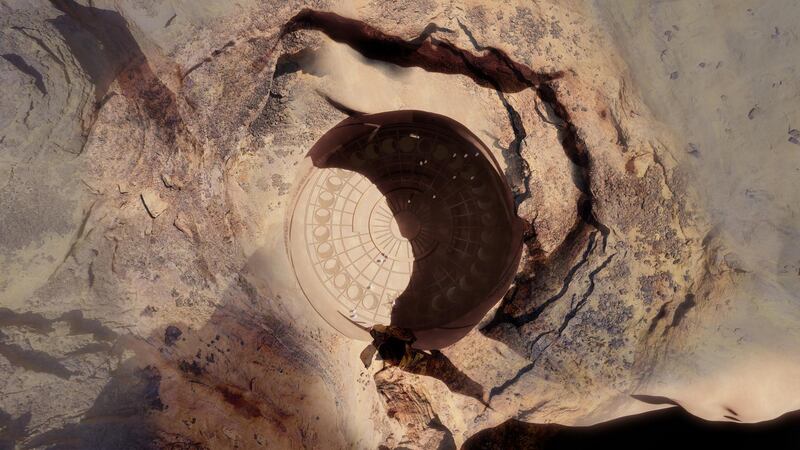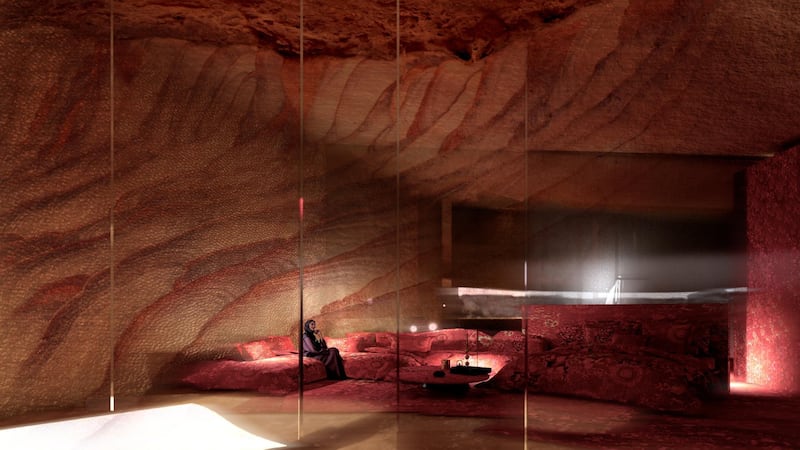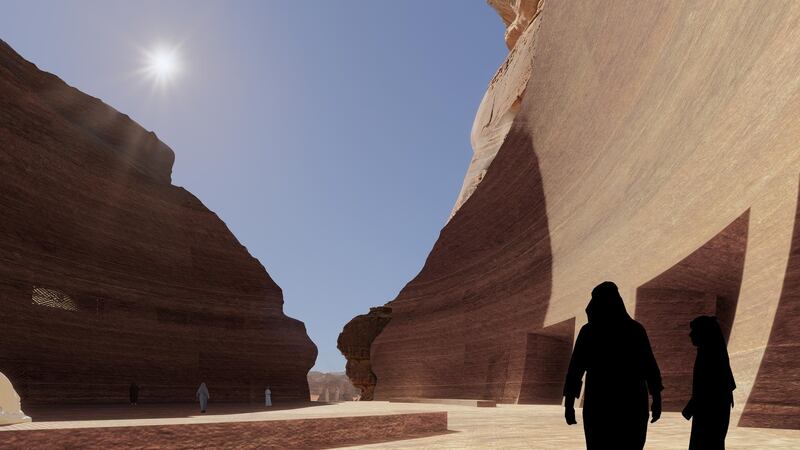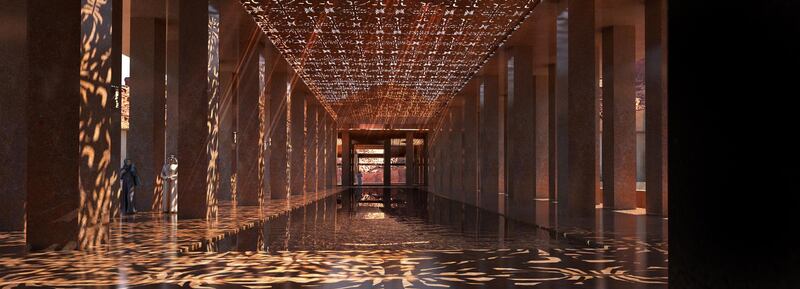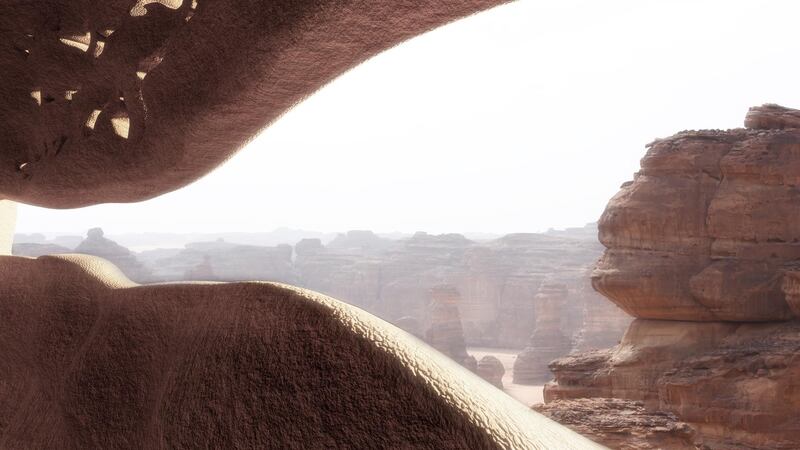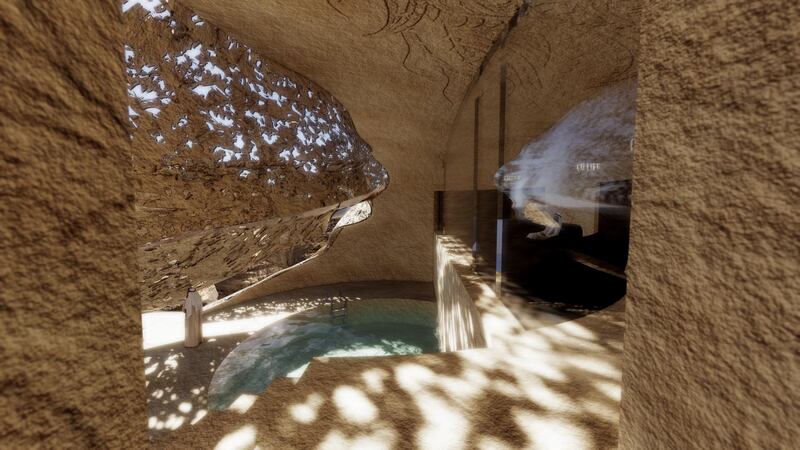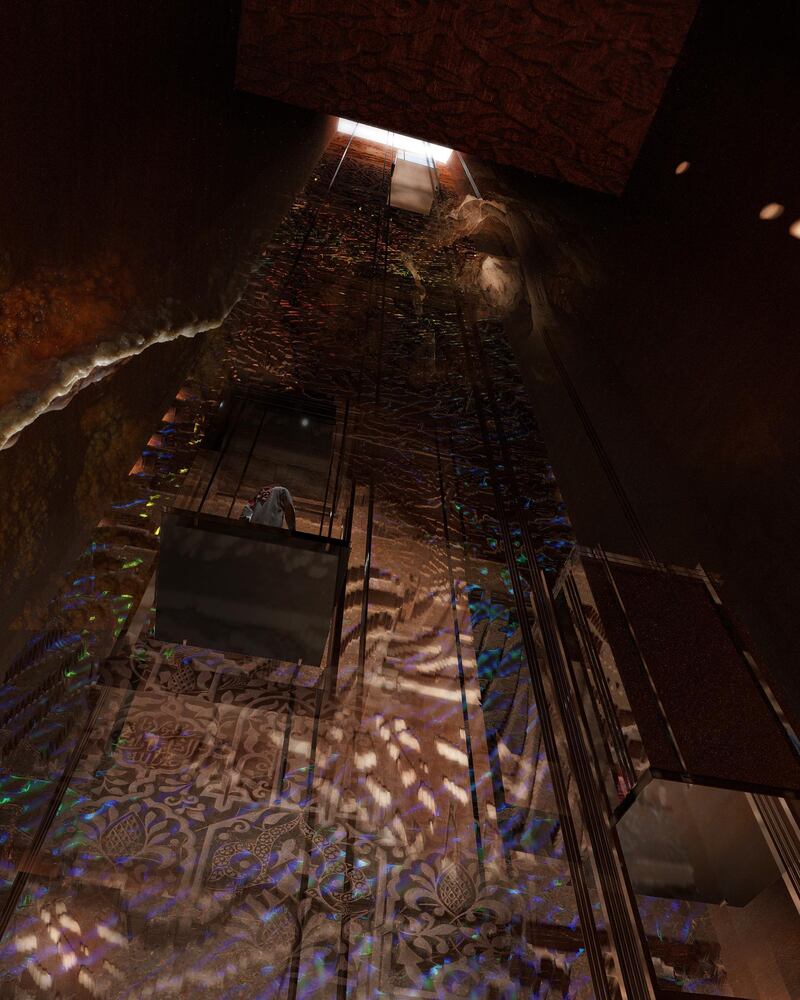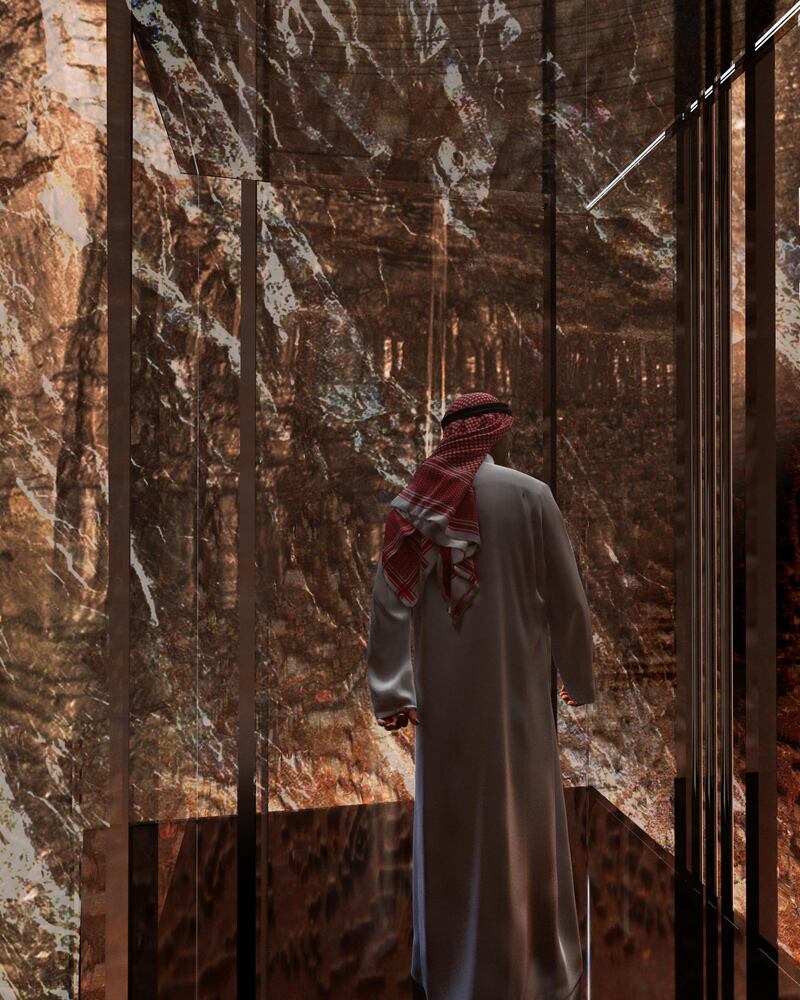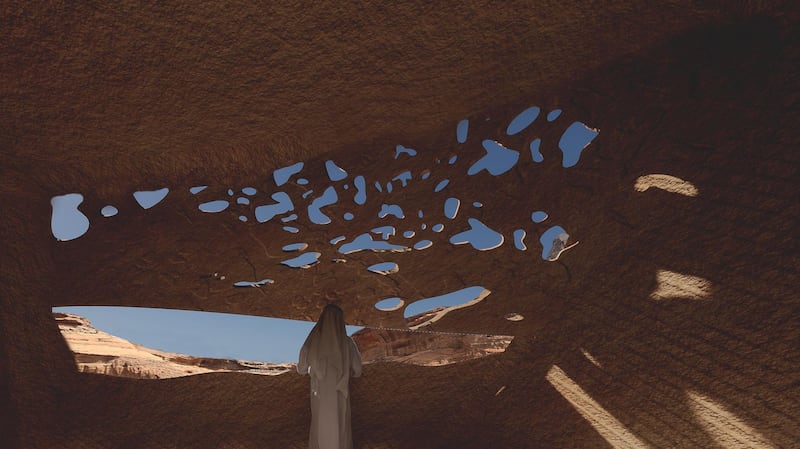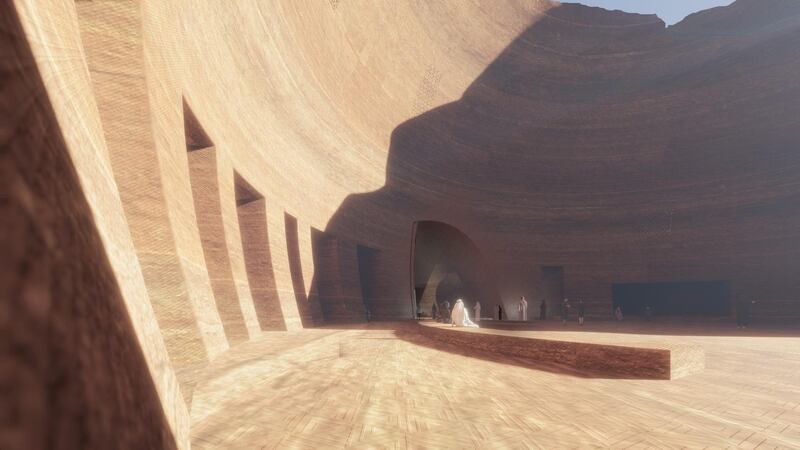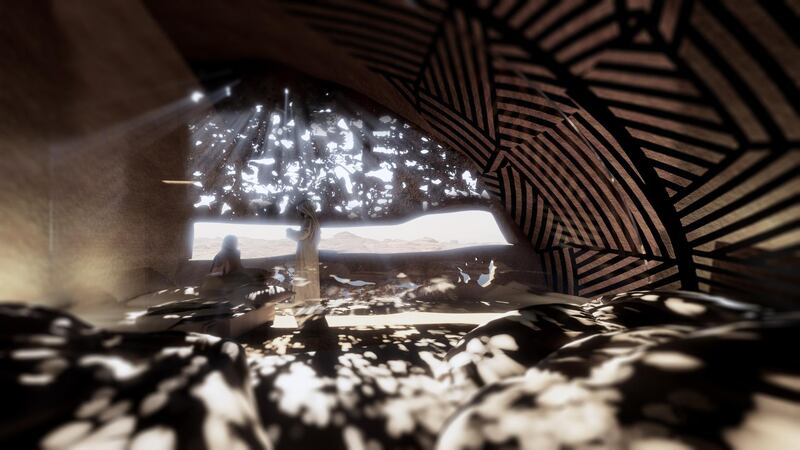In a recent interview with The National, Saudi Arabia's Princess Nourah bint Mohammed Al Faisal had one recommendation for anyone visiting the country of her birth.
“I know everybody bangs on about Al Ula, but there is nowhere on Earth like it, except maybe the middle of the ocean," said the Saudi royal. "You really don’t understand how insignificant you are until you are standing there and you see how magnificent the terrain is. It puts you in your place, in a very good way.”
The historic Nabataean settlement in the country's north-west has just become more accessible to foreign visitors, following news that Saudi Arabia's General Authority of Civil Aviation has granted permission for international flights to land at Al Ula's Prince Abdul Majeed bin Abdulaziz Airport.
The airport’s capacity has been expanded from 100,000 annual passengers to 400,000 passengers per year, according to the Saudi Press Agency. At 2.4 million square metres, the facility is also one of the biggest airports in the kingdom, and can accommodate up to 15 commercial aircraft at one time.
While Saudi Arabia has closed its borders to international visitors until Monday, May 17, it is already working on drumming up interest in its many tourist attractions. The country recently released a new video, entitled The World's Masterpiece, designed to showcase Al Ula to potential visitors.
Al Ula spans an area of more than 22,000 square kilometres. Highlights include an oasis valley, towering sandstone mountains and ancient heritage sites dating back thousands of years. It's also set to be home to three new hotels by Aman Resorts International, the luxury hoteliers' first in the Middle East.
Located about 1,100 kilometres from Riyadh, Al Ula is home to Hegra, Saudi Arabia’s first Unesco World Heritage Site and the main southern city of the Nabataean Kingdom.
Al Ula’s Old Town and Jebel Al Fil (or Elephant Rock) also feature in the cinematic campaign, which stars Saudi actress Futun Abdullah Al Jarallah.
"We are already receiving a lot of interest from international travellers excited to explore a new destination with such history, including ancient civilisations from the Dadanites to the Nabataeans and the Romans," said Melanie de Souza, executive director marketing at the Royal Commission for AlUla.
"The travel landscape has been irreversibly altered, but as travel slowly resumes, research tells us people will be looking for meaningful travel, vast open spaces and close to nature experiences. Al Ula is well-positioned in the domestic market for all of those reasons and internationally as a new and significant boutique heritage and culture destination," said de Souza.
